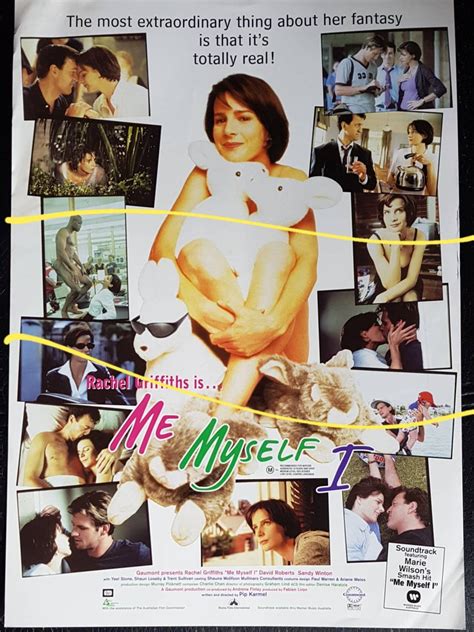A Quote by Priti Patel
Finding out whether I had made the grades for my first choice university course or whether I needed to rethink my future was terrifying.
Related Quotes
The question of whether a device will come into being depends upon three things: first, whether there is a practical use for it that warrants its development and manufacturing costs; second, whether the laws of physics applying to the elements available for its design allow the attainment of the needed ranges, sensitivities, or the like; and third, whether the pertinent art of manufacture has advanced sufficiently to allow a useful embodiment to be built successfully.
A generation ago, or two, when there were three channels, plus PBS, and when you needed - when you needed 15 million people to make a living, the media could focus on the broad country. And most people had no choice about getting political information. It was there at 6:30 whether you wanted it or not.
I went to University after my A levels and did a degree in performing arts. It was only when I got there that I realized there were stage schools out there, and you had your union and your contacts and The Spotlight and this whole world of the acting industry that I had no idea about. So when I graduated, I took a year out and just thought really hard about whether it was something I knew enough about, and whether it was the career I could dedicate the rest of my wacky life to.
I think love is often a bit selfish, even before we had consumerism. That's not new. A consumer society gives you the illusion of having massive amounts of choice and saddles you with the freedom of being able to dabble in that choice. And at the same time, you are left with the tyranny of self-doubt and uncertainty about whether you made the right choice.
When you're listening to a recording, you're supposedly listening to some aspect of the past in the present as you travel slowly into the future, but you also know there's a very strong likelihood that the future of that recording, whether you made it or whether you're listening to a Led Zeppelin record, is going to continue probably far beyond where you are.


































